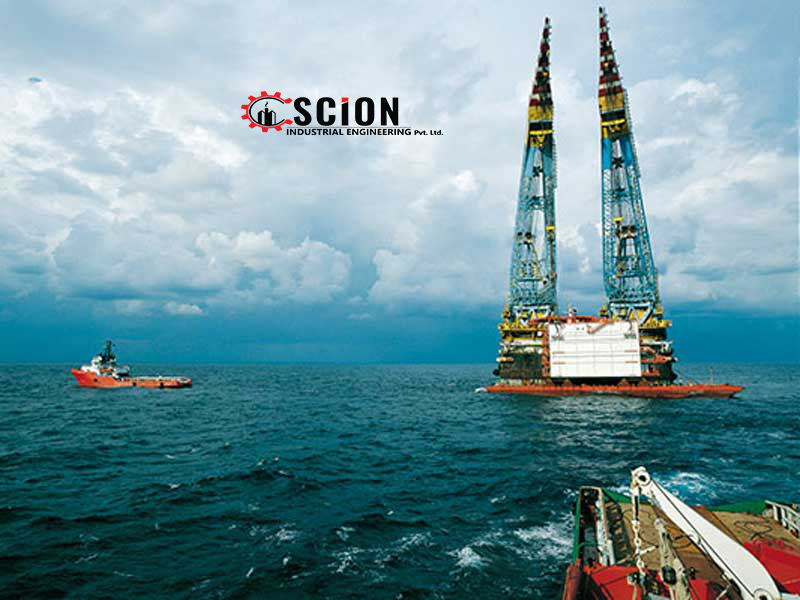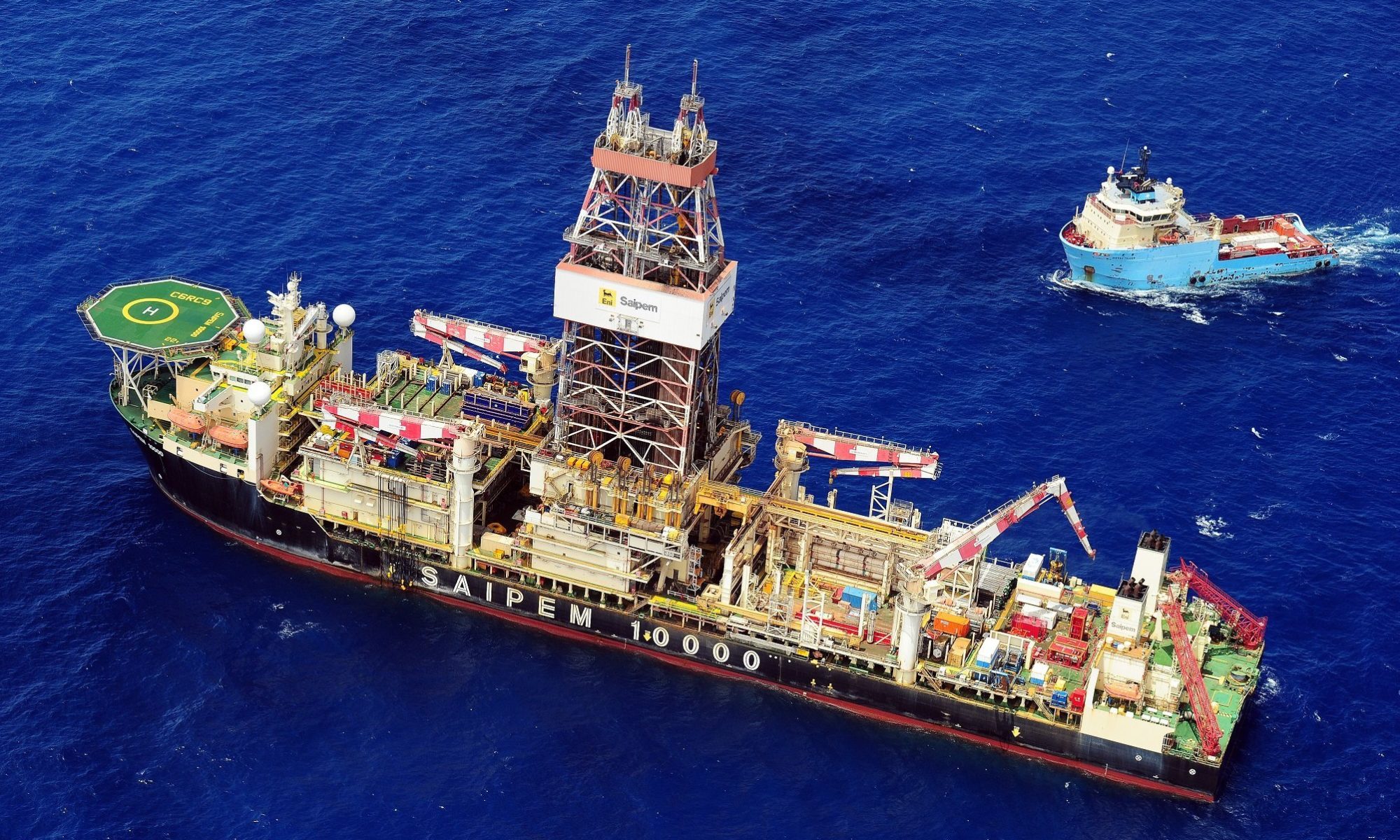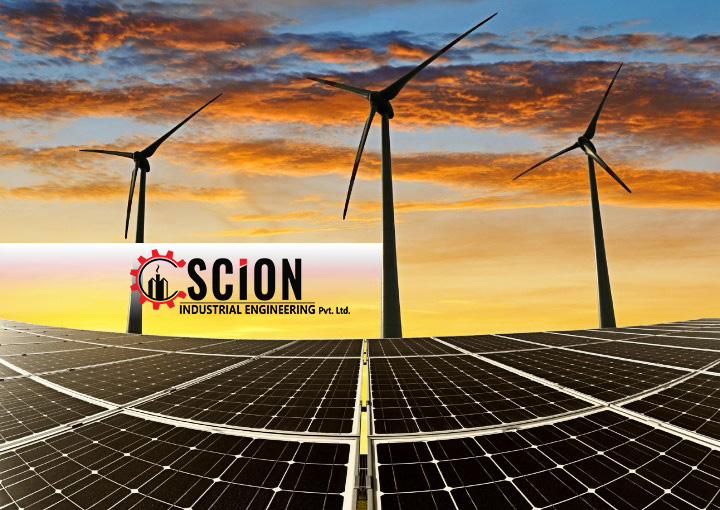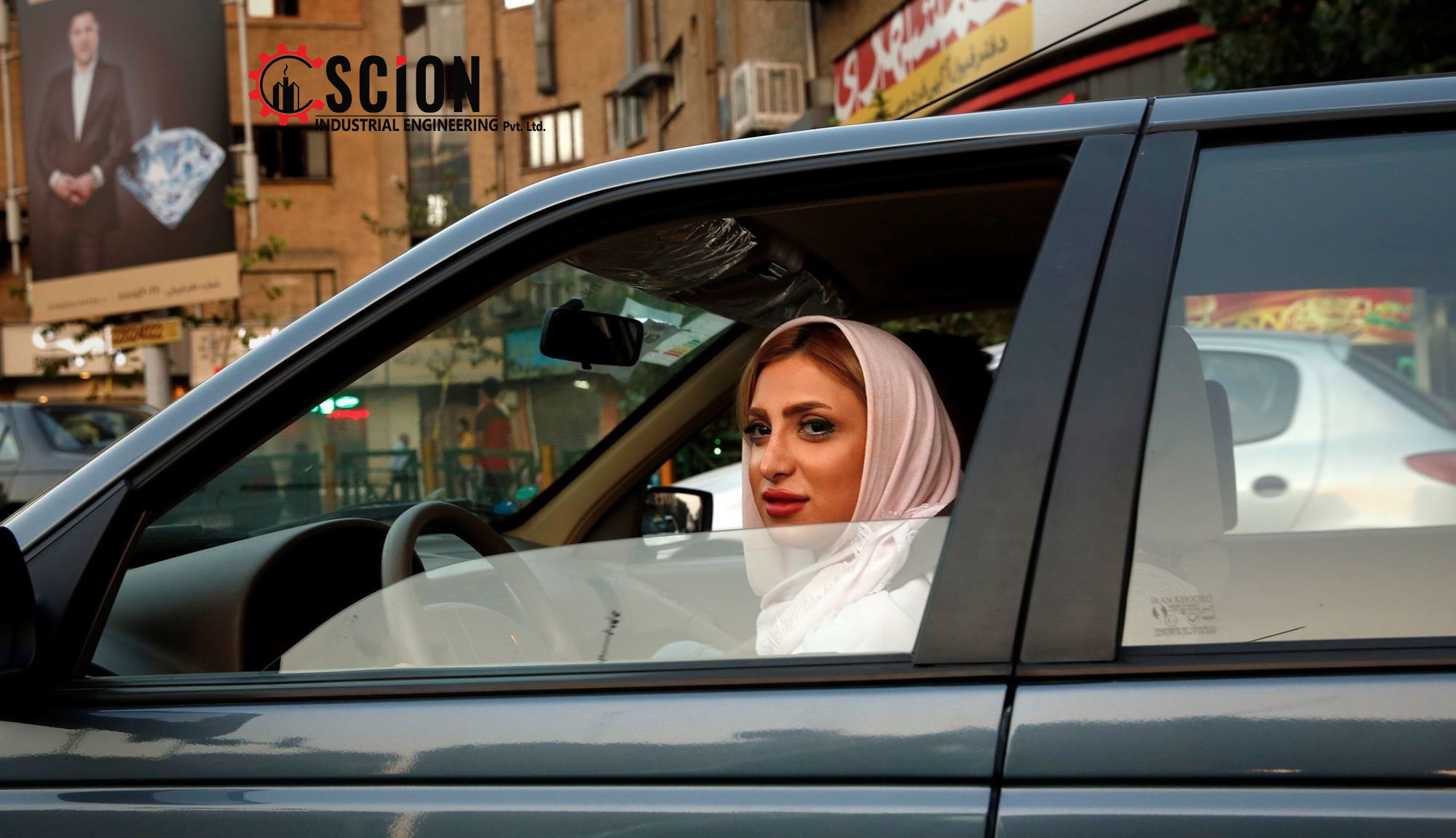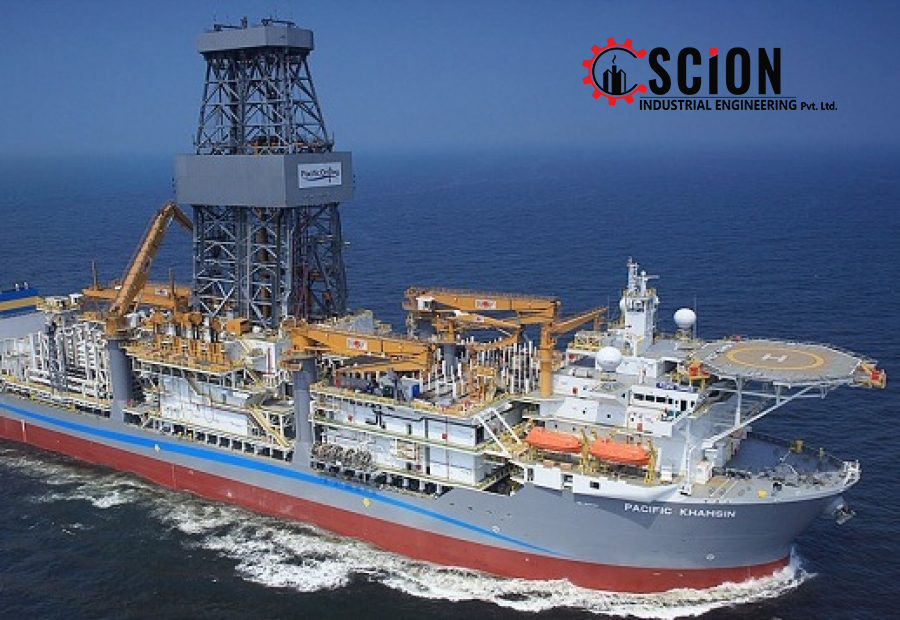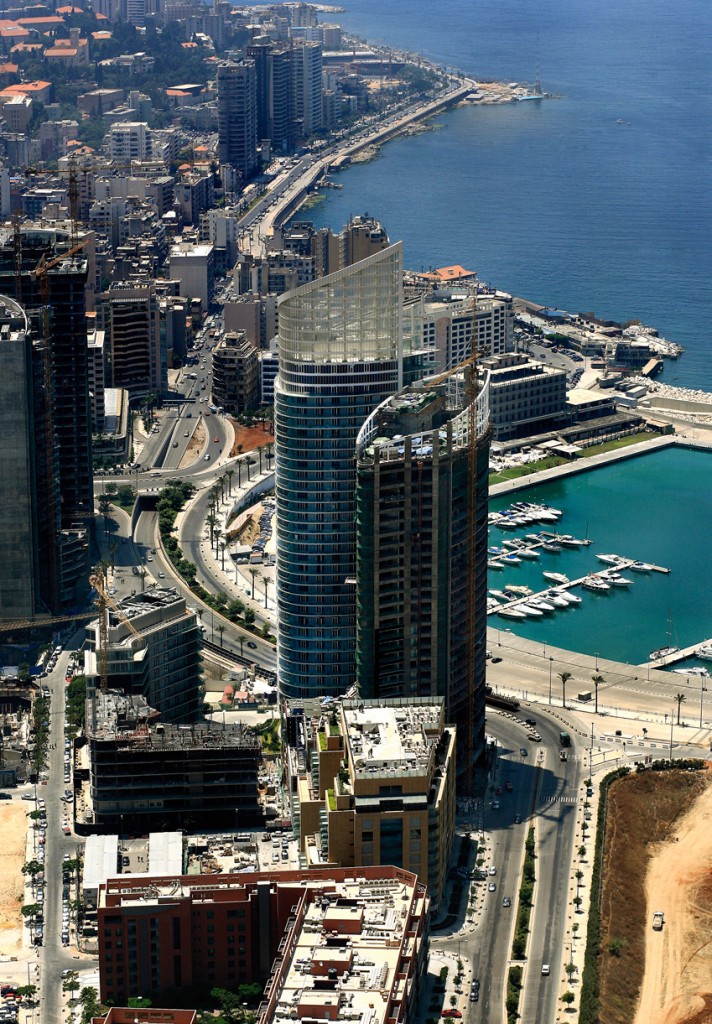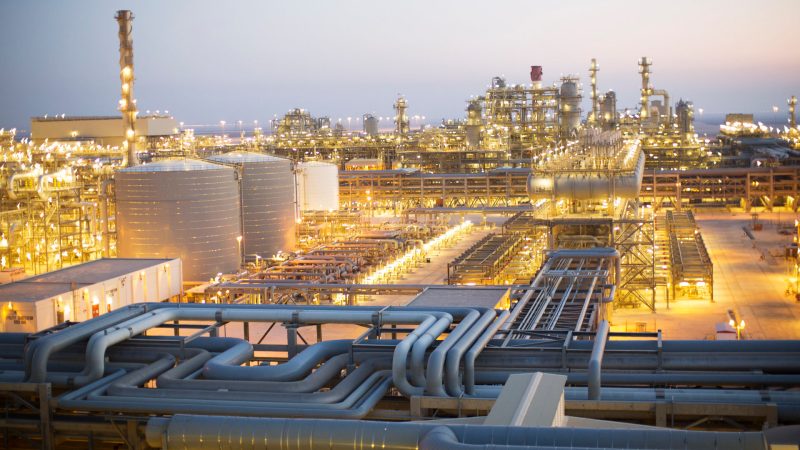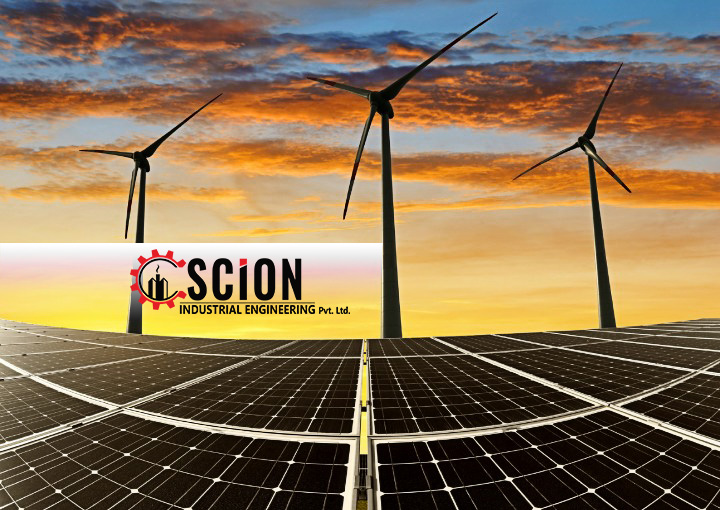Kuwait said it’s working with Saudi Arabia to resume oil production in the neutral zone between them that has been shuttered for at least four years.
Saudi Minister of State for Energy Prince Abdulaziz Bin Salman visited Kuwait Wednesday. The two sides will discuss a resumption after the “completion of all technical issues required,” Tareq Al-Mezrem, a Kuwaiti government spokesman, told Kuwait’s state-run KUNA news agency.
The zone can produce as much as 500,000 barrels a day, equal to about 4% of the countries’ combined output last month. No timeline for a resumption was given, nor was it clear if the additional production would be offset by lower output elsewhere. Both countries are subject to quotas set by the Organization of Petroleum Exporting Countries.
The two sides have resolved the major issues and those outstanding are technical in nature, according to a person familiar with the discussions, who asked not to be identified because the matter is private. The talks are the most advanced they’ve ever been, the person said.
Desert dispute
Years of negotiations have so far failed to bring about a resolution. The two Gulf nations have held a number of private meetings since 2015, at one point even coming close to signing an agreement before pulling back at the last minute over wording in the final documents regarding contentious sovereignty issues.
The neutral zone hasn’t produced anything since fields there were shut down after spats between the two countries in 2014 and 2015. The barren strip of desert straddling Saudi Arabia and Kuwait – a relic of the time when European powers drew implausible ruler-straight borders across the Middle East – can pump about as much as OPEC-member Ecuador.
It’s not clear whether the neutral zone will add much oil to global markets in the near term because OPEC has extended production cuts into early 2020. Saudi Arabia and Kuwait split the crude produced from the neutral zone within their respective OPEC output quotas.
The neutral zone, spread over 5,700 square kilometres –an area a bit smaller than Delaware — was created by a 1922 treaty between Kuwait and the fledgling Kingdom of Saudi Arabia. In the 1970s, the two nations agreed to divide the area and incorporate each half into their territory, while still sharing and jointly managing the petroleum riches. The region contains two main oil fields: the onshore Wafra and the offshore Khafji.
The disagreement between Saudi Arabia and Kuwait started on the Wafra field, which is operated by Chevron Corp., the second-largest energy company in the U.S. In 2009, Saudi Arabia extended the original 60-year-old concession of the field, giving the American company rights over Wafra until 2039. Kuwait was furious over the announcement and claims Riyadh never consulted it about the extension.
The importance of the fields is now higher due to the impact of sanctions on Venezuela and Iran, which has tightened the supply of so-called sour-heavy crude — precisely the kind of oil that the neutral zone produces. U.S. diplomats had been pressing both sides to reach an agreement.
SOurce:https://www.arabianbusiness.com/energy/424543-kuwait-working-with-saudis-on-resuming-neutral-zone-oil-output

